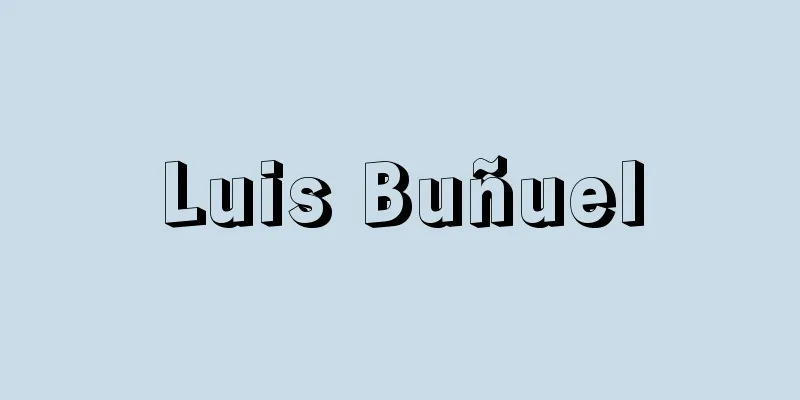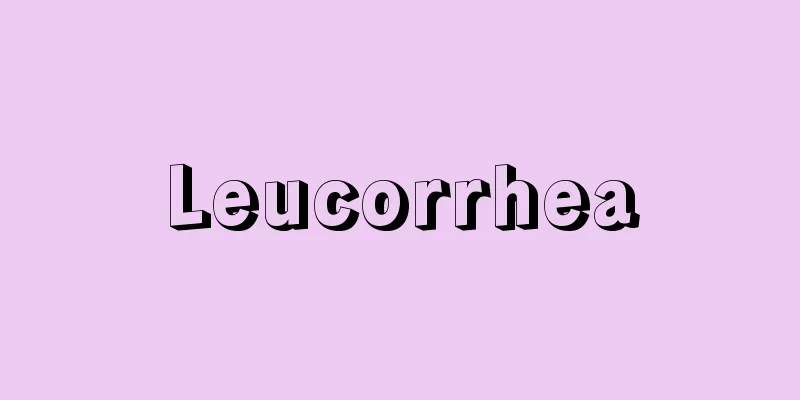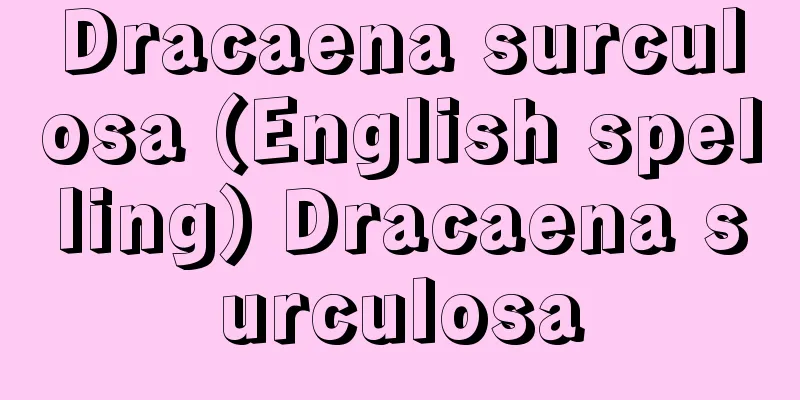Luis Buñuel

|
Spanish film director. Born on February 22nd in Calanda, Aragon. He was educated as a devout Catholic, but after entering the University of Madrid at the age of 17, he met Garcia Lorca and S. Dali and was baptized into Surrealism. In 1923 he moved to Paris and formed a friendship with A. Breton's group, and in 1928, with the cooperation of Dali, he released the avant-garde film Un Chien Andalou. Along with his sequel, The Golden Age (1930), these films created a sensation as works brimming with the irrationality, impulses and desires lurking in the human heart, as well as a critical spirit that rubbed off on religion and conventional wisdom. After a trip to the United States and the release of "Land without Bread" (1933), a documentary about a remote area of Spain, he returned to the United States again, eventually starting work in Mexico's commercial film industry in 1947, and garnering attention with "The Forgotten" (1950), a film about slum boys. However, it was not until his films "Nazarin" (1958) in Mexico and "Viridiana" (1961) in Spain won awards at the Cannes Film Festival and garnered acclaim that Bunuel gained international acclaim. In Mexico, he released "The Exterminating Angel" (1962), and in France, "Diary of a Maid" (1964), "Belle de Jour" (1967), "La Tristana" (1970), "The Secret Pleasures of the Bourgeoisie" (1972), "Illusions of Liberty" (1974), and "Ambiguous Objects of Desire" (1977). These feature films, just like those from his avant-garde period, are full of nightmares and irrational desires, and are colored with malice and black humor, giving form to the inexplicable anxiety lurking in the hearts of modern bourgeois. His feature films from his Mexican period began to attract attention in the 1960s, but a systematic evaluation of them is still in the process of being completed. He died on July 29, 1983 in Mexico City. [Deguchi Taketo] Documents List of Director's Works Un chien andalou (1928) (co-directed with Salvador Dali) "Cinema: The Illusion of My Freedom" by L. Bunuel, translated by Midori Yajima (1984, Hayakawa Publishing) [References] | | |Source: Shogakukan Encyclopedia Nipponica About Encyclopedia Nipponica Information | Legend |
|
スペイン出身の映画監督。2月22日アラゴンのカランダに生まれる。敬虔(けいけん)なカトリック教徒として教育を受けたが、17歳でマドリード大学に進学してからガルシア・ロルカ、S・ダリらと知り合い、シュルレアリスムの洗礼を受けた。1923年パリに出てA・ブルトンのグループと親交を結び、1928年にはダリの協力のもとに前衛映画『アンダルシアの犬』を発表、続く『黄金時代』(1930)とともに、人間の心に潜む不合理や衝動や欲望、宗教や社会通念を逆なでする批判精神のあふれ返る作品としてセンセーションを巻き起こした。渡米を挟んで、スペイン僻地(へきち)のドキュメンタリー『糧(かて)なき土地』(1933)を発表後、ふたたびアメリカへ行くなどして、結局1947年からメキシコの商業映画界で仕事を始め、スラムの少年たちを描いた『忘れられた人々』(1950)で注目を浴びた。しかし、ブニュエルが国際的評価を受けるのは、メキシコでの『ナサリン』(1958)、スペインでの『ビリディアナ』(1961)がカンヌ国際映画祭で受賞し評判をよんでからである。メキシコで『皆殺しの天使』(1962)、以後フランスで『小間使の日記』(1964)、『昼顔』(1967)、『哀(かな)しみのトリスターナ』(1970)、『ブルジョアジーの秘(ひそ)かな愉(たの)しみ』(1972)、『自由の幻想』(1974)、『欲望のあいまいな対象』(1977)などを次々に発表。これらの劇映画もアバンギャルド時代そのままに悪夢と不合理な欲望に満ち、悪意とブラック・ユーモアに彩られた反逆的な内容で、現代のブルジョアの心に潜む説明のつかない不安を形象化した。メキシコ時代の劇映画が注目され始めたのは1960年代からだが、体系的な評価はまだ途上にある。1983年7月29日、メキシコシティで死去した。 [出口丈人] 資料 監督作品一覧アンダルシアの犬[サルバドール・ダリとの共同監督] Un chien andalou(1928) 『L・ブニュエル著、矢島翠訳『映画――わが自由の幻想』(1984・早川書房)』 [参照項目] | | |出典 小学館 日本大百科全書(ニッポニカ)日本大百科全書(ニッポニカ)について 情報 | 凡例 |
>>: Hunyadi (English spelling)
Recommend
Vives, Juan Luis
Born: March 6, 1492 in Valencia Died May 6, 1540, ...
Pierre
The capital of South Dakota, located in the centra...
Cabinet hierarchy - Cabinet hierarchy
…As members of the Cabinet, the ministers have eq...
Dyrrhachium
…Population: 85,000 (1990). It originated from th...
Calluna vulgaris (English spelling)
...Briar pipes are made from the roots of E. arbo...
"Erbauliche Monaths Unterredungen" (English)
...America is often called the "magazine kin...
Churenyi [island] - Churenyi
Also known as Seal Island or Roppen Island. Tyuren...
Abeno
The northern part of Abeno Ward in the southern p...
Void - Kuubo
The two remaining branches that are created when c...
Precursor - Forerunner
Prior to a trip, a traveler would write a letter t...
Church Songs
…Although the church cantata is famous today as m...
Degenerationspsychose [Germany]
This concept was given by P. Schröder (1920) and K...
Burschenschaft (English spelling) German
A student organization that played an important r...
Pyelonephritis
What kind of disease is it? ●Main symptoms and cou...
virilocal
...In contrast, in the case of cousin marriages a...









